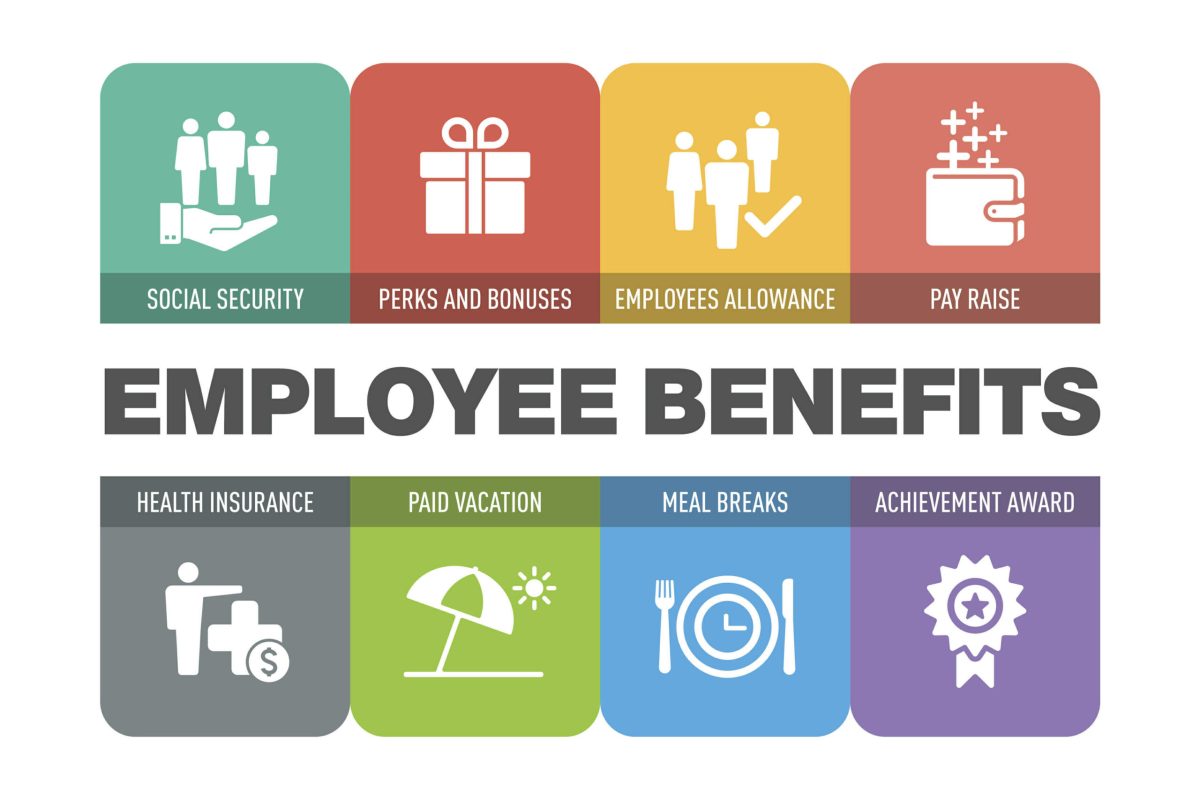South Africa mandates a series of statutory benefits that employers are required to provide to their employees. Understanding these benefits is crucial for businesses operating in South Africa, particularly when using Employer of Record (EOR) or Professional Employer Organization (PEO) services. These benefits promote employee welfare and ensure compliance with local labor laws, helping businesses build strong employee relations.
Key Mandatory Benefits in South Africa
South Africa offers a range of mandatory benefits to ensure the well-being and security of employees. These typically include contributions to social security, leave entitlements, and other statutory benefits. Here’s an overview of the key benefits every employer must provide in South Africa.
1. Unemployment Insurance Fund (UIF)
Description: Provides short-term financial relief to workers who become unemployed or are unable to work due to illness or maternity leave.
Employer Contribution: 1% of the employee’s salary.
Employee Contribution: 1% of their salary.
Eligibility: Employees who have contributed to the UIF can claim benefits under specific circumstances, such as retrenchment, illness, or maternity.
2. Compensation for Occupational Injuries and Diseases (COID)
Description: Protects employees who are injured or become ill due to work-related activities.
Employer Contribution: Typically ranges from 0.5% to 3% of the employee’s salary, depending on the industry risk level.
Employee Contribution: No contribution required.
Benefits: Covers medical treatment, temporary disablement benefits, and compensation for permanent disabilities.
3. Paid Annual Leave
Description: Employees are entitled to a minimum of 21 consecutive days of paid annual leave per year (15 working days).
Employer Obligation: Employers must ensure employees take their leave and are paid their regular wages during this time.
Employee Contribution: No contribution required.
Additional Note: Leave must be taken within six months after the annual leave cycle ends.
4. Maternity and Parental Leave
Description: Female employees are entitled to four months of maternity leave, while fathers can take parental leave.
Employer Obligation: Employers are required to provide maternity leave, and while paid leave is not mandated by law, many employers choose to offer it.
Employee Contribution: No contribution required.
Payment During Leave: Benefits can be claimed through the UIF, providing a percentage of the employee’s salary during maternity leave.
5. Sick Leave
Description: Employees are entitled to a minimum of 30 days of paid sick leave over a three-year cycle.
Employer Obligation: Employers must pay employees their full wages during sick leave, with a medical certificate required after three consecutive days of absence.
Employee Contribution: No contribution required.
Accumulation: Sick leave accumulates at a rate of one day for every 26 days worked.
6. Public Holidays
Description: South Africa recognizes 12 public holidays each year. Employees who work on these days are entitled to additional compensation.
Employer Obligation: Employers must compensate employees working on public holidays at a rate of 1.5 times their normal wage.
Employee Contribution: No contribution required.
7. Family Responsibility Leave
Description: Employees are entitled to three days of paid family responsibility leave per year for specific circumstances like the birth of a child or illness in the family.
Employer Obligation: Employers must pay employees their regular wages during this leave.
Employee Contribution: No contribution required.
8. Workplace Safety and Health Regulations
Description: Employers must ensure a safe working environment as per the Occupational Health and Safety Act.
Employer Obligation: Conduct risk assessments and implement safety measures to protect employees from work-related injuries.
Employee Contribution: No contribution required.
Understanding Mandatory Benefits for Employers
Compliance with Local Regulations
South Africa’s mandatory benefits system is highly regulated. Companies must comply with both national and provincial labor laws to ensure employees are well taken care of and avoid penalties.
Managing Benefits with EOR/PEO Services
Employers without a Presence in South Africa: Utilizing EOR or PEO services like GlobainePEO simplifies managing these benefits. They handle compliance complexities, allowing companies to focus on core operations.
Employers with a South African Entity: Companies must manage social security, taxes, and employee benefits directly, but EOR/PEO services can still assist in navigating regulatory changes.
Additional Considerations for Global Employers
Changing Rates: Contributions to UIF and other benefits may change based on government regulations, so employers need to stay updated.
Caps on Contributions: Some contributions, such as UIF, have caps based on the employee’s salary.
Final Thoughts
Understanding and providing mandatory benefits in South Africa is critical to maintaining compliance and ensuring employee satisfaction. Employers leveraging EOR/PEO services like GlobainePEO should stay updated on local laws to avoid penalties and foster a positive work environment.
GlobainePEO – Your Trusted Partner
At GlobainePEO, we help employers navigate the complexities of managing mandatory benefits in South Africa. From ensuring compliance with local labor laws to managing payroll and contributions, we provide the support your business needs to thrive. Let us handle your workforce management while you focus on growing your business.

